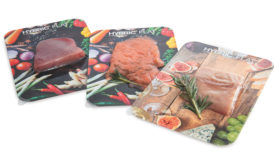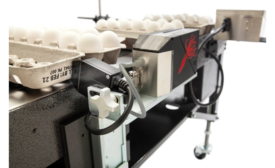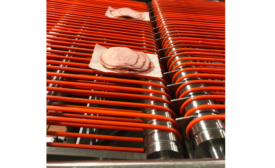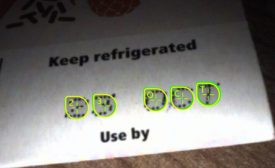Meat/Seafood Packaging
Materials
VSP accommodates differently shaped products and sharp edges, and it can skin pack with paperboard, offering more options.
Read More
Keep the info flowing with our eNewsletters!
Get the latest industry updates tailored your way.
JOIN TODAY!Copyright ©2025. All Rights Reserved BNP Media.
Design, CMS, Hosting & Web Development :: ePublishing









